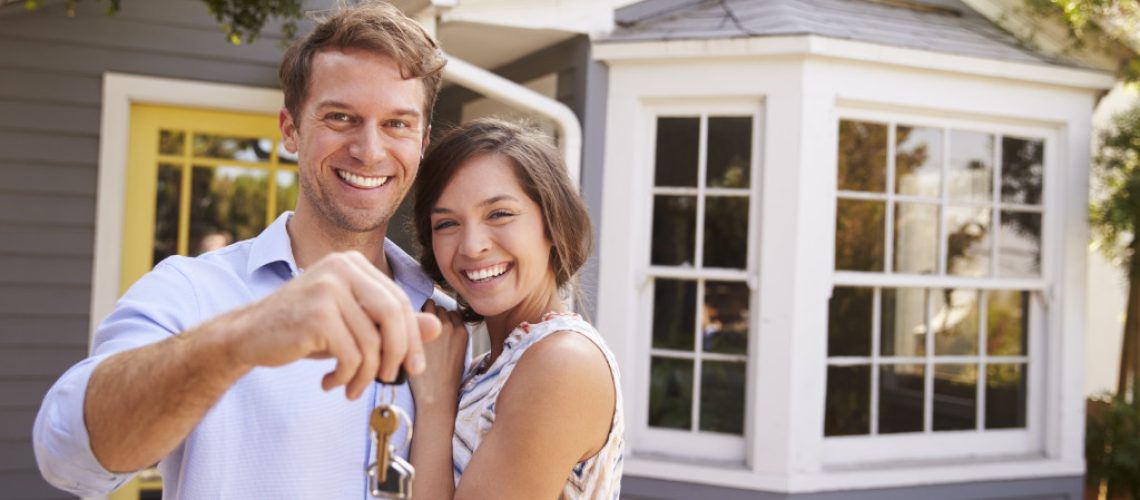One of the smartest financial moves you can make is to invest in real estate. When done right, a real estate investment can generate a strong passive income for years, not to mention the equity gains and tax breaks it can bring.
But before you can enjoy these rewards, you must understand what makes an excellent property for investment. Below, we enumerated seven factors to consider before deciding on which investment property is right for you.
1. Location
No matter how beautiful a property is, you’re going to have a hard time renting it out if it’s somewhere people don’t need it. This is why you have to think of location first before considering the property itself. If you’re interested in a multi-story complex for yuppies or small families, for example, find out about the school situation and the crime rate, as well as the cost of rent in similar properties nearby. These factors help determine the overall value of your investment property.
2. Condition of the Property
Perhaps you’re interested in a fixer-upper. While this is entirely valid, you have to consider the additional resources you’ll have to spend to make a property look its best again. Have the property inspected to see which repairs you can do on your own and which ones require contractors, as well as the time it will take before it can be on the market. If a property needs significant repairs, it might not be worth it.
3. Property Taxes
Property taxes vary by area, so you have to be aware of how much you’re paying. High property taxes are worth it if your investment property is in a desirable neighborhood and sees a steady traffic of renters. However, some undesirable areas impose high property taxes, too. Be sure to check with the municipality’s assessment office so you can also calculate how much your mortgage lender will deposit to an escrow account.
4. The One Percent Rule
The one percent rule is a term in real estate investment that helps you determine whether a property is worth purchasing. Under this rule, your investment property must be able to bring in at least one percent of the overall cost of purchasing it. For example, if you bought a property at $225,000 and paid $25,000 in renovation and other fees, your total initial investment amounts to $250,000. Ideally, you’d want to be earning at least $2,500 in rent every month once you start renting the property out.
5. Insurance Cost

Like property taxes, high insurance costs can eat into your profits. This is why you have to research into what kind of coverage your investment property needs. Is it prone to floods, hurricanes, and tornadoes? Maybe the property is near a fault line. These factors can drive up your monthly premiums, which is another reason for choosing the right location. While you can pay lower premiums every month, you might be subjected to a higher deductible when it’s time to make a claim. Once you have an idea about the cost of insurance rates, compare them and see which companies offer policies tailored to your needs.
Becoming a landlord through investment properties is an exciting venture. As long as you take the factors above into consideration, you have an excellent opportunity to grow your wealth.

